

Past & Upcoming Virtual Ballot Reviews
Rep. Eskamani’s Review of 6 Amendments on 2024 Ballot
Rep. Eskamani’s November Sample Ballot Review Workshop
2024 Ballot Amendments
Amendment 1 – Partisan School Board Members
Amendment 1 would make district school board elections partisan starting with the 2026 general election. Ironically, another ballot measure, approved by Florida voters in 1998, mandated in the state Constitution that those races be nonpartisan.
But, while not partisan on paper, school board elections have become far more politically contentious in recent years due to debates about COVID-19 measures and what books should be accessible to students. Indeed, Gov. Ron DeSantis took unprecedented steps to influence school board races in 2022 and is trying to flip seats in the coming election.
Lawmakers pushing the amendment (HJR 31), pointing to the current politicization, said it would only increase transparency for voters. Opponents worry it would further politicize school board races.
Rep. Eskamani’s Perspective
Nonpartisan school board elections ensure that the focus for public education remains on educational issues rather than political ideologies. This helps in making decisions that are in the best interest of students and teachers rather than aligning with what are often polarizing party politics. Nonpartisan elections also encourage a broader range of candidates to consider running, including those who may not align with a major political party but have valuable educational expertise and perspectives. With that said, in nonpartisan elections, voters are more likely to evaluate candidates based on their qualifications, experience, and stance on educational issues rather than their party affiliation. Finally, keeping school board elections nonpartisan helps reduce political polarization in local communities. It encourages collaboration and consensus-building among board members, which is crucial for addressing the diverse needs of students and schools. I will be voting no.
Amendment 4 – Abortion Access
Amendment 4 guarantees abortion access in Florida. This amendment is generating the most attention in Florida, especially since the Florida Supreme Court approved a six-week abortion ban that is currently in effect, negatively impacting women across the state and Southeast United States.
If Amendment 4 is approved by Florida voters, abortion access would be assured in the state until fetal viability, generally considered 24 weeks. It would also allow abortions when necessary to protect a patient’s health, as determined by a health care provider.
Rep. Eskamani’s Perspective
Florida has put into place a near-total abortion ban that has stripped us away of our freedoms and created impossible situations for medical professionals, who now have to decide between life-saving care or criminalization when working within the field of obstetrics and gynecology. Some doctors in Florida have had to allow a patient to become more sick before they can access an abortion to save their life. For other women, they have had to leave the State of Florida to access care, traveling hundreds of miles away. Not only is all of this wrong, but they serve as examples of why politicians should stay out of the exam room and respect doctors to do their job — especially regarding such intimate situations. Regardless of one’s political affiliation, there is overwhelming agreement that decisions around one’s pregnancy are personal and private and must remain between that person, their family, their doctor, and their faith. For these reasons and more, I will be voting Yes on Amendment 4 to stop Florida’s extreme abortion ban.
Amendment 2 – Right to Hunt and Fish
Amendment 2 establishes a state constitutional right to hunt and fish. If approved by voters, Florida would join around two dozen other states that already have that right in place, including nearby Georgia and Alabama. The amendment does face criticism from some conservationists. “The biggest concern for me and other mainstream conservationists is that the amendment proclaims hunting and fishing the ‘preferred means of responsibly managing and controlling fish and wildlife,’ ” wrote Clay Henderson in an op-ed published by the Orlando Sentinel.
“Really? Often the preferred means to conserve fish and wildlife is to limit hunting and fishing to protect their numbers,” he added.
Rep. Eskamani’s Perspective
The right to hunt and fish already exists in Florida Statutes and there are very valid concerns shared by community partners and environmental groups that Amendment 2 would lead to the depletion of our oceans of fish and our forests of native wildlife. As noted by the Florida Audubon Society: “The amendment goes too far in declaring this right to hunt and fish as a ‘public right.’ No other right in our constitution is described in this way. It seems to imply this right is even more important than our other fundamental rights. Perhaps it means this right to hunt is more important than one’s right to ‘possess and protect property.’ If passed, this amendment could also allow for the return of inhumane means of hunting and fishing, including steel-jaw traps, spears, spearfishing, and gill nets. I will be voting no.
Amendment 5 – Homestead Annual Inflation Adjustment
Amendment 5 could lead to more savings for property owners who apply for homestead property tax exemptions — and cost local governments millions in reduced revenues. The Legislature-passed ballot measure (HJR 7017) requires annual adjustments to a chunk of the homestead exemption for inflation increases.
Those savings were touted by the lawmakers in favor of the measure, but some opponents worried about the cost to local government. The measure would reduce non-school local government property taxes by nearly $23 million in the 2025-26 fiscal year, the first time it would take effect, according to a legislative analysis. Within a few years, those losses would reach nearly $112 million, it estimates.
Rep. Eskamani’s Perspective
This amendment would deliver minimal consumer benefit but would be a big hit to local government budgets: the Revenue Estimating Conference estimates that if this passes, the impact on non-school local government property taxes in Fiscal Year (FY) 2025-26 (the first year of implementation) would be approximately -$22.8 million, growing to approximately -$111.8 million in FY 2028-29, assuming current tax rates. If you divide $22.8 million between every homeowner in Florida (or even $111.8 million), that is a small benefit, but if you divide it between local governments, it is a bigger hit. Voting no ensures stable and predictable revenue streams for local governments, which are crucial for funding essential public services like infrastructure, public safety, and community programs. Reduced revenue from property taxes could lead to budget shortfalls, potentially resulting in increased taxes or fees in other areas and impacting the quality of public services. So, instead of this being a tax break, it becomes a tax shift — it simply shifts the responsibility from homesteaders to other participants in the property tax system, including small businesses, renters, and second-home owners. Additionally, the amendment may disproportionately benefit higher-value homeowners, exacerbating economic inequalities. I will be voting no.
Amendment 3 – Recreational Marijuana
Amendment 3 legalizes recreational marijuana in Florida. It allows those 21 and older to have up to 3 ounces and up to 5 grams of cannabis concentrate.
Smart & Safe Florida, the group leading the campaign for the amendment, has raised to date nearly $55 million. Most of that has already been spent on gathering enough signatures for the measure to make the ballot, and most of that has come from Trulieve, the state’s largest medical marijuana operator. Other state medical marijuana companies have started chipping in millions as well.
Gov. Ron DeSantis and other top conservatives in the state, though, oppose the measure. DeSantis said it could lead to prolific pot smells and accuses it of being written so broadly that it would limit how the state could regulate the industry.
That’s something Smart & Safe Florida denies, saying the Florida Constitution, the proposed amendment and Florida Supreme Court precedent make clear that the state could enact recreational marijuana regulations, including ones limiting use in public places.
Floridians approved medical marijuana in 2016, getting more than 71% of the vote, though it failed to get enough votes when it first made the ballot in 2014.
Rep. Eskamani’s Perspective
Voting yes on the initiative to legalize recreational marijuana for adults 21 and older in Florida would provide significant economic benefits through job creation and tax revenue generation in the State of Florida. It also ensures regulated and safe access to marijuana, reducing risks associated with unregulated markets where cannabis can be sold laced with dangerous synthetic drugs. Legalization would also decrease the burden on the criminal justice system, allowing law enforcement to focus on more serious crimes to keep our communities safe. Additionally, it would encourage research into cannabis usage while respecting personal freedom and responsibility by allowing adults to make their own choices about cannabis use. I will be voting yes.
Amendment 6 – Public Campaign Financing
Lawmakers also OK’d Amendment 6 for the ballot (SJR 1114). It repeals public campaign financing. Public funding is available in Florida for those running for governor and lieutenant governor (who are on the same ticket), attorney general, chief financial officer and agriculture commissioner. To be eligible, candidates must first raise a certain amount from state residents: $150,000 for governor and $100,000 for cabinet positions. They must also abide by state campaign finance laws as well as certain contribution limits.
Public campaign financing was enshrined in the state Constitution after a 1998 amendment — the same one that made school board positions nonpartisan (see 2024’s Amendment 1). More than $13 million in public funds went into the 2022 election. Gov. Ron DeSantis received $7,302,617 and his Democratic challenger, Charlie Crist, got $3,887,600, according to state data.
Lawmakers who were in support of the amendment tout it as a way to save taxpayer’s money or redirect that money to other government services. Opponents say it’ll hurt underfunded candidates who are facing competitors getting big-donor money. A 2010 constitutional amendment that tried to repeal the financing failed, getting less than 53% of the vote.
Rep. Eskamani’s Perspective
Voting no on the amendment to repeal public campaign financing for statewide candidates in Florida helps maintain a level playing field in elections. Public campaign financing allows candidates who lack access to substantial private funds to compete, promoting diversity and representation in the candidate pool of statewide races. This system ensures that elections are not solely dominated by wealthy individuals or those with access to significant financial resources. Public campaign financing helps to reduce the influence of big donors and special interest groups in the electoral process. By providing public funds, candidates are less dependent on large contributions, allowing them to focus more on the needs and interests of their constituents. This helps to diminish the sway of wealthy contributors and promotes a more democratic process. Supporting public campaign financing also benefits smaller, grassroots campaigns, encouraging civic engagement and participation among ordinary citizens. This inclusivity strengthens democracy by providing voters with a wider array of choices, leading to a healthier and more vibrant political system. I will be voting no on this amendment.
Judicial Retention Votes
Click here to learn more about what Judicial Merit Retention is
Florida law requires Florida Supreme Court justices and appeals court judges to be placed on the ballot in nonpartisan elections every six years so voters can determine whether they should remain on their courts for another six-year term. These are called “merit retention” elections. For the 2024 election, two Supreme Court justices and 23 appeals court judges will be on the ballot.
This includes two Supreme Court Justices who issued opinions in support of Florida’s 6 week abortion ban. Learn more here.
See recommendations on Judicial Retention votes via the Democratic Voter Guide at this link.
Local Orange County Measures
Orange County, Florida, has been governed by the Charter since 1987. The County’s charter is like its constitution and grants our citizens and citizen-elected officials control over local and regional issues. This control adapts and evolves with our community as the Charter Review Commission (CRC) convenes every four years to assess the powers of this home-rule document. Fifteen appointed citizen representatives utilize research, discussion, professional advisors, and input from the public to develop questions that may be placed on the ballot during a presidential election year. These are those questions that voters will have an opportunity to decide. Click here to learn more about the CRC.
The Orange County Democratic Voter Guide recommends a YES vote on all Orange County Charter Amendments and a YES vote on renewing the half-penny sales tax for schools. Click here to read more.
